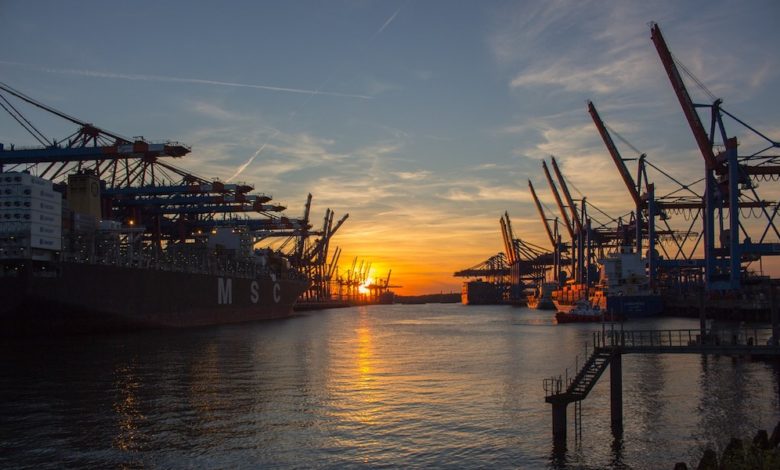Liners deliver a green fuel price gap proposal to the IMO

Liner shipping, via its lobby group the World Shipping Council (WSC), has unveiled what it terms as a Green Balance Mechanism (GBM) in order to help the industry transition to green fuels.
The proposal, submitted to the International Maritime Organization (IMO) ahead of next month’s gathering of the Marine Environment Protection Committee (MEPC), addresses the industry’s challenge to bridge the price gap between the cleanest fuels and fossil fuels.
Through the Green Balance Mechanism, fees are taken from fossil fuels and allocated to green fuels used, so that the average cost of fuel is equal.
The greater the greenhouse gas emission reductions a fuel delivers – on a well-to-wake lifecycle basis – the greater the financial allocation received.
The monies collected in any given year is determined by the amount of green fuels used, allowing for a relatively low fee at the start of the transition.
The minimum fee necessary to offset the price differential in a given year would be collected by the IMO and allocated by the UN body to ships using green fuels that meet a specific greenhouse gas threshold. Further specifics of the proposal are carried in a slide below.
“The Green Balance Mechanism is adaptable and fully integrated with a greenhouse gas fuel-intensity standard,” a release from the WSC stated today, adding, “It can be used as a targeted greenhouse gas pricing mechanism, or a possible addition to an integrated measure.”
Many other GHG proposals are being put forward for consideration at MEPC next month.
“It is essential to have a new approach to greenhouse gas pricing that would drive demand for cleaner fuels from the start of the transition. We need the support of authorities, vendors, and customers,” commented K.H. Wu, CEO of Evergreen, Taiwan’s largest containerline.
Soren Toft, CEO of Mediterranean Shipping Company (MSC), the world’s largest containerline, said energy producers needed to commit to provide alternative fuels to shipping, and they need to be incentivised to produce them.
“The WSC’s GBM proposal provides this incentive by creating a mechanism to balance the price of alternative fuels with higher GHG emitting fuels on the market today thus accelerating demand,” Toft argued.
The task at hand at next month’s MEPC is to translate the net-zero by 2050 ambition of last year’s diplomatic agreement into concrete action with plenty of competing visions on how this can be achieved.
The International Chamber of Shipping has proposed a zero-emission shipping fund (ZESF), co-sponsored by the Bahamas and Liberia, whereby contributions from ships per tonne of CO2e emitted would be used to reduce the significant cost gap between zero GHG fuels and conventional fuel oil, providing financial rewards to ships for the GHG emissions prevented by new marine fuel use.
Eight Pacific and Caribbean small island developing states (SIDS) have updated a proposal they’ve been touting for years, namely a universal mandatory levy on GHG emissions, with an entry price now of $150 per ton/CO2-equivalent, in combination with a global fuel standard. They also have set out a common position on revenue disbursement, arguing for the majority of funds to come to the priority needs of climate most vulnerable states.


Fossil fuels are heavily subsidised – $6 trillion annually. So why not require FF to subsidise greener energy.
“green fuels” is a misnomer, it’s greenwashing, they are ‘greener’ .